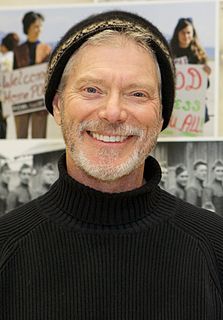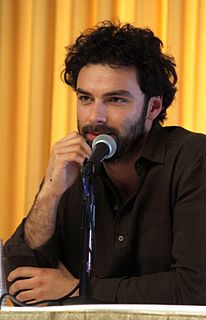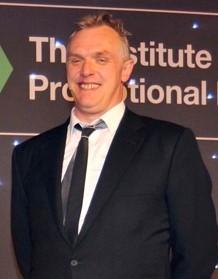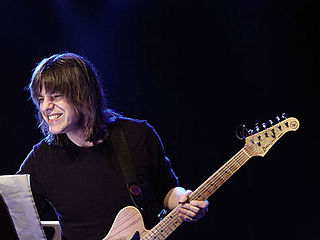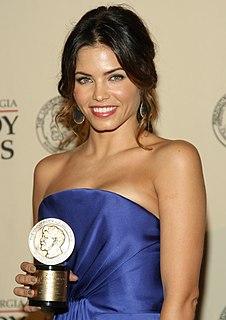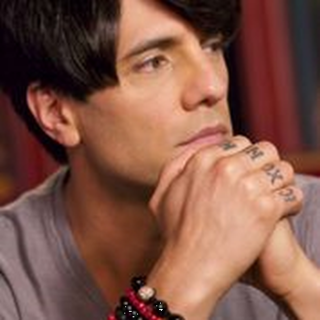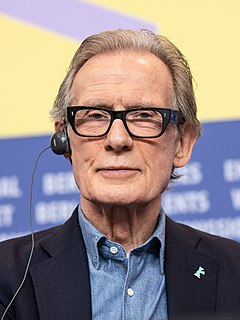A Quote by Thomas Rhett
At every sound check, I try to practice on the stage that we're gonna play on that night, 'cause every stage is different. Whether it's concrete or whether it's plywood or whether it's Plexiglas, it all requires different things. You can't dance on concrete as well as you can dance on Plexiglas.
Related Quotes
There is a fluency and an ease with which true mastery and expertise always expresses itself, whether it be in writing, whether it be in a mathematical proof, whether it be in a dance that you see on stage, really in every domain. But I think the question is, you know, where does that fluency and mastery come from?
Every city is different for playing, actually. That's one of the hardest things: to play abroad. Because sometimes you know your city and your audience and you know what to play and what people will dance to. And later, you go to a place and you think this thing will work and you start playing and it doesn't work, and you have to be able to go to another side just to try to find what people like or whatever, or, like, try to make people dance as they are more used to. I don't know, it's quite strange - people dance in different parts of Europe in a different way.
On some level acting is the art of pretend and you have to have a highly cultivated sense of imagination. You have to be able to see things that aren't there no matter what aspect of acting, whether it's green screen, whether it's on stage, whether it's anything else, whether you're working on the radio.
On some level, acting is the art of pretend, and you have to have a highly cultivated sense of imagination. You have to be able to see things that aren't there, no matter what aspect of acting, whether it's green screen, whether it's on stage, whether it's anything else, whether you're working on the radio.
When I hire musicians, I look for that first: every time they sit down do they go for it, you know? And do they try to learn the music and try to get inside the song whatever the tune is? Whether it's my originals or someone else's, it's just whether or not they're gonna play their hearts out, first and foremost.
Actors are so fortunate. They can choose whether they will appear in tragedy or in comedy, whether they will suffer or make merry, laugh or shed tears. But in real life it is different. Most men and women are forced to perform parts for which they have no qualifications. Our Guildensterns play Hamlet for us, and our Hamlets have to jest like Prince Hal. The world is a stage, but the play is badly cast.
I've spent a lot of time in my political life talking about why it matters to have women in the decision making, whether it's at the family table, whether it's in a board room, whether it's in the halls of Congress, whether it's in your community meeting. And it has to do with the fact that women's lives are different. You know? They're not better or worse than men's, but they are different and we bring that different perspective to whatever we do. And it's important to have that perspective at the table.
Whether it's animated, whether it's live-action, whether it's Broadway, whether it's television, a musical is a musical is a musical. So, pretty much you approach the songs in pretty much the same way. The difference might be that in a film you have a close up. On stage you don't. So there are more songs on the stage because the songs are kind of the close up.




